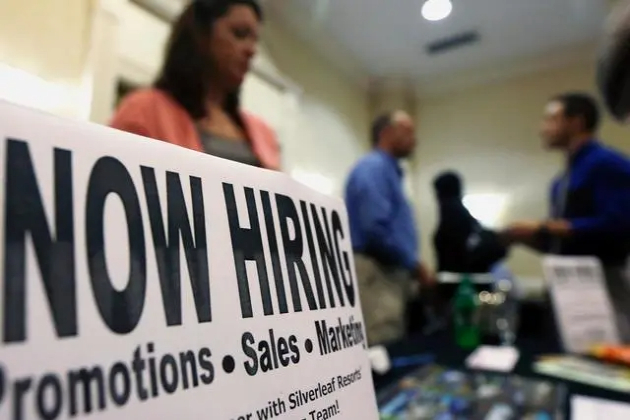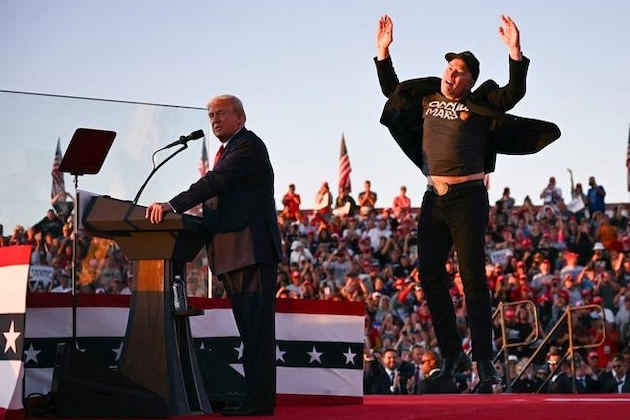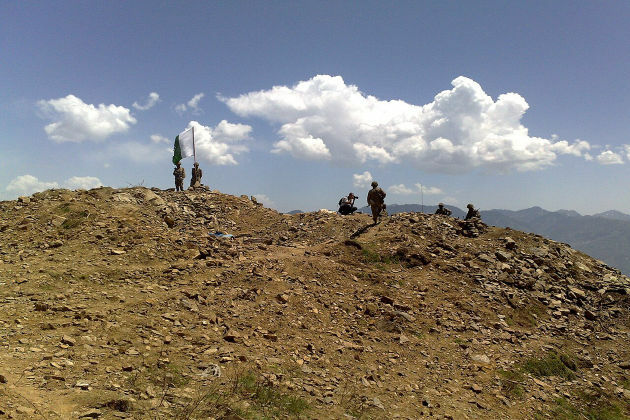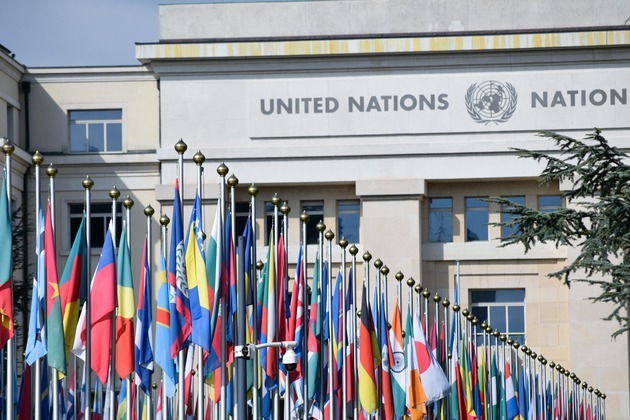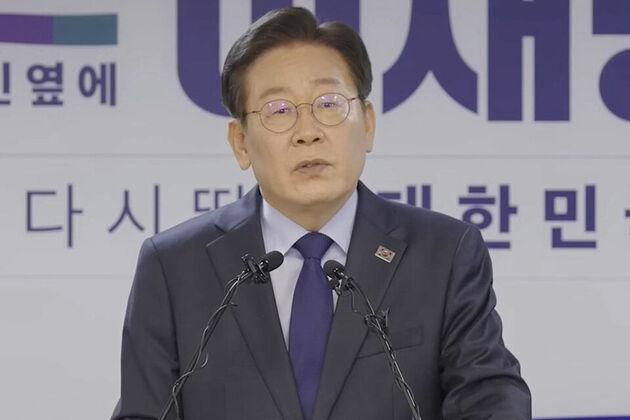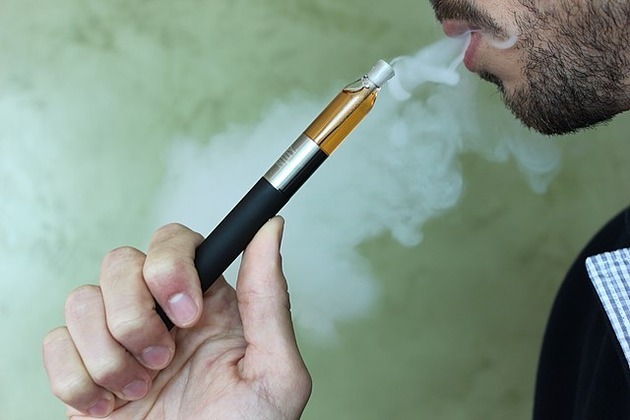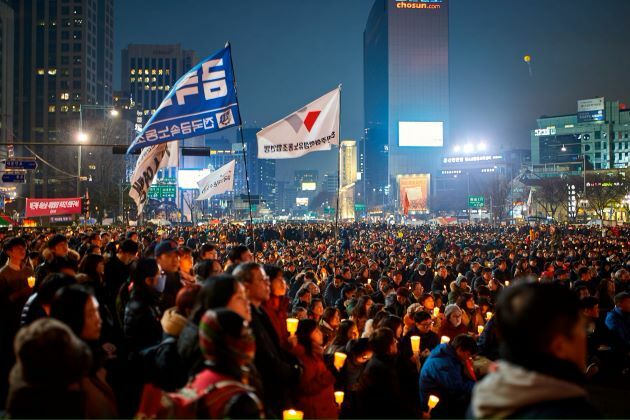Why the Treaty Banning Nuclear Weapons Makes a Difference
Pressenza
22 Jan 2021, 15:57 GMT+10
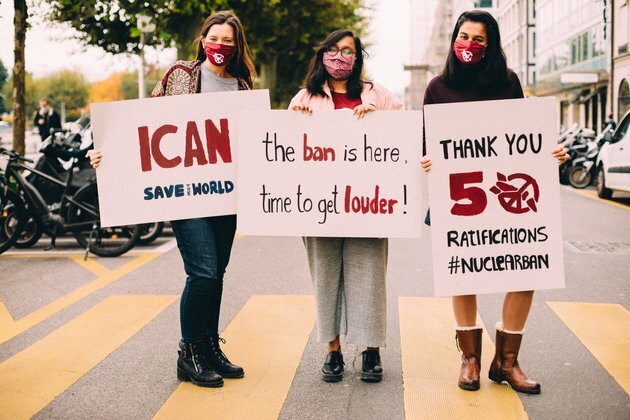
The Treaty for the Prohibition of Nuclear Weapons (TPNW) goes into effect on January 22, 2021. Most Americans haven't heard of it. It's a treaty that prohibits the developing, testing, possessing, using, threatening to use, or storing of nuclear weapons. Critics say the treaty is pointless because it only applies to the countries that signed it and none of the nuclear-armed states are signing on. But the Treaty for the Prohibition of Nuclear Weapons is important and will have a critical impact.
Not because it will force countries to retire nuclear weapons, but because it will change the way people think about nuclear weapons.
How people think matters when it comes to nuclear weapons because nuclear weapons are the most important military symbol in the world today. They are the international currency of power. Currencies of power are types of weapons that are taken to be symbols of national strength. Battleships, for example, were the currency of power at the turn of the twentieth century. In the medieval world, heavily-armored mounted knights were the currency of power. Currencies of power bring prestige to their owners, they often incite arms races, and people tend to use them as a rough guide to a nation's strength. Want to know how powerful a country is? In the early 1900s, you count the number of battleships; today we count nuclear weapons.
We don't often think of them that way, but nuclear weapons are actually two things at once. They are both military weapons designed to explode, and symbols designed to impress, awe, and deter. Nuclear weapons work in the everyday world of experiences. Symbols work only inside peoples' heads.
Most ordinary people rarely give the military aspect of nuclear weapons serious thought. They couldn't tell the difference between a SLBM and an ALCM, would be unable to do realistic calculations of strategic damage, much less have accurate ideas of how many weapons the world's various powers possess. Without ever having measured, I am confident that there are more Americans today who could explain the attacking style of Barcelona's soccer team (much less the various offensive weapons at the disposal of the Kansas City Chiefs) than could describe the United States' nuclear arsenal in any detail. For them, nuclear weapons are mental images of giant clouds, vague notions of "the most" destruction, an awed tone of voice when the subject comes up, and harbingers of the end of the world. For most Americans, nuclear weapons are far more symbol than reality. And for those people - for people who only know nuclear weapons as symbols - the TPNW will come as a shock.
If you have always been told that everyone really wants nuclear weapons, and if you have come to think of them as the most desirable weapon in existence, you will be dumfounded to hear that 122 countries voted for the treaty, that eighty have signed it, and that fifty have ratified it. Who in their right mind could not want the most powerful weapon ever? Some people, no doubt, will dismiss those fifty nations with the thought that all foreigners are crazy. But for some, the TPNW will challenge important assumptions they have accepted for years. It will set up a cognitive dissonance, like a clanging in their heads, that will trouble them. For some, it will lead them to try to find out more - to resolve this mystery of how some nations could not want the "most powerful weapons ever."
And that is the power of the TPNW. It will challenge old assumptions. It will create uncomfortable mental contradictions. It will plant seeds of doubt. It might even cause people to reevaluate.
Important ideas and assumptions about nuclear weapons have lain largely unchallenged since the Cold War - beliefs about the importance and influence of nuclear weapons that have been taken for granted since Truman or Ike or Herman Kahn first articulated them. The power of the TPNW is not in the practical changes it makes in the world. The power of it lies in the way it will serve as a catalyst for new and perhaps surprising thoughts.
If the comfortable certainty that "everyone wants nuclear weapons" is not true, perhaps there are other assumptions from the Cold War that are not true. Perhaps it makes sense to look more closely at the "can't disinvent nuclear weapons" argument? Maybe it's time to explore how a weapon that appears to be so militarily useless (if it were useful, wouldn't it have been used?) could be thought of as vital to security?
The TPNW is powerful because it is undeniable proof that at least one of the core assumptions of the Cold War was wrong. It will force some of us here in the United States to rethink our beliefs. And rethinking is a slippery process. Once you start to question core beliefs, who knows where it will end?
 Share
Share
 Tweet
Tweet
 Share
Share
 Flip
Flip
 Email
Email
Watch latest videos
Subscribe and Follow
Get a daily dose of Sydney Sun news through our daily email, its complimentary and keeps you fully up to date with world and business news as well.
News RELEASES
Publish news of your business, community or sports group, personnel appointments, major event and more by submitting a news release to Sydney Sun.
More InformationBusiness
SectionMeta joins tech shift to nuclear power for AI and data centers
MENLO PARK, California: As artificial intelligence demands explode, Big Tech is turning to an old source for new power: nuclear energy....
Strong economic data drives U.S. stocks higher
NEW YORK, New York - U.S. stocks rose appreciably Friday following the release of a strong jobs report which sent the U.S. dollar higher,...
US Job openings rise, but layoffs and tariff fears cloud outlook
WASHINGTON, D.C. America's job market is starting to lose momentum. In April, job openings rose — but so did layoffs, marking their...
Ireland sees 11% drop in social media sector jobs
DUBLIN, Ireland: Digital Business Ireland (DBI) has asked the Government to do more to help Ireland's digital and tech sector. This...
Akio Toyoda’s real estate firm to buy Toyota industries
TOKYO, Japan: Toyota has announced that it will take one of its key group suppliers, Toyota Industries, private in a deal worth UD$26...
U.S. stock markets slip after Tesla dives more than 14 percent
NEW YORK, New York - U.S. stocks fell Thursday after the feud between U.S. President Donald Trump and his biggest backer Elon Musk...
International
SectionSecurity forces clash with insurgents in North Waziristan
ISLAMABAD, Pakistan: Pakistan's army said on June 4 that its security forces raided a militant hideout and killed 14 insurgents during...
Latvia, Liberia, Colombia win seats on UN Security Council
NEW YORK CITY, New York: The United Nations General Assembly has elected five countries to join the Security Council starting January...
Lee Jae-myung becomes president after South Korea’s political crisis
SEOUL, South Korea: South Korea's new president, liberal Lee Jae-myung, took office on June 4 after a dramatic and chaotic few months....
Britain outlaws single-use vapes over health and litter fears
LONDON, UK: As of this month, it's officially illegal to buy disposable vapes anywhere in the United Kingdom. The new ban, aimed...
Policy debates in South Korean election drowned by personal attacks
SEOUL, South Korea: South Korea's upcoming presidential election has turned into a messy battle full of personal insults and scandals...
Over 25,000 flee as smoke from fires worsens air quality in Canada, US
FLIN FLON, Manitoba: More than 25,000 people in three Canadian provinces have been forced to leave their homes because of wildfires,...



